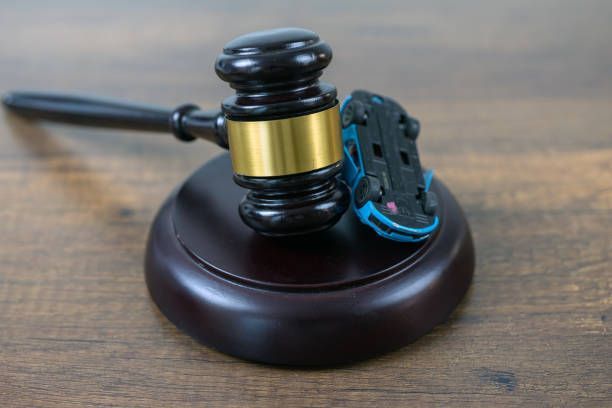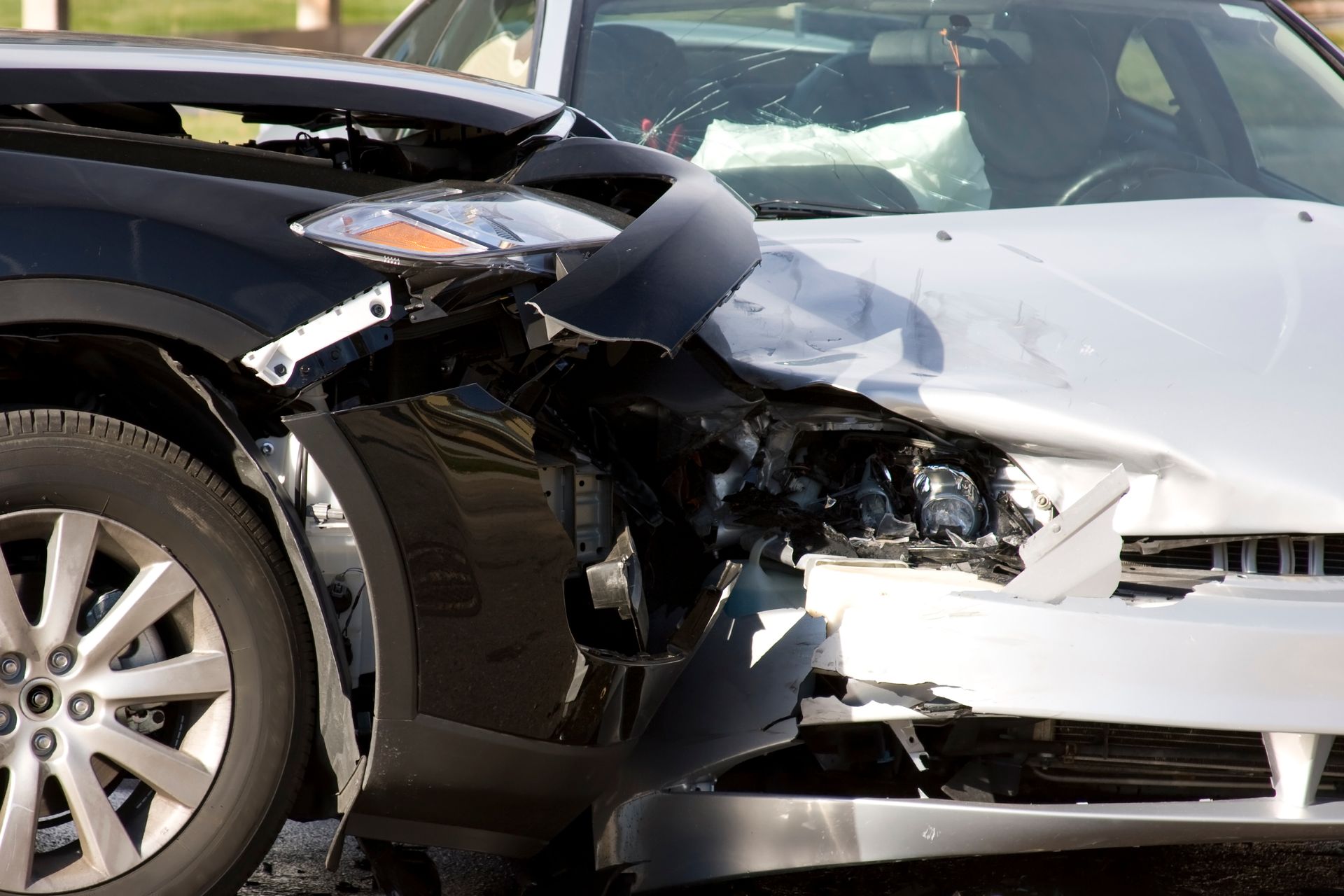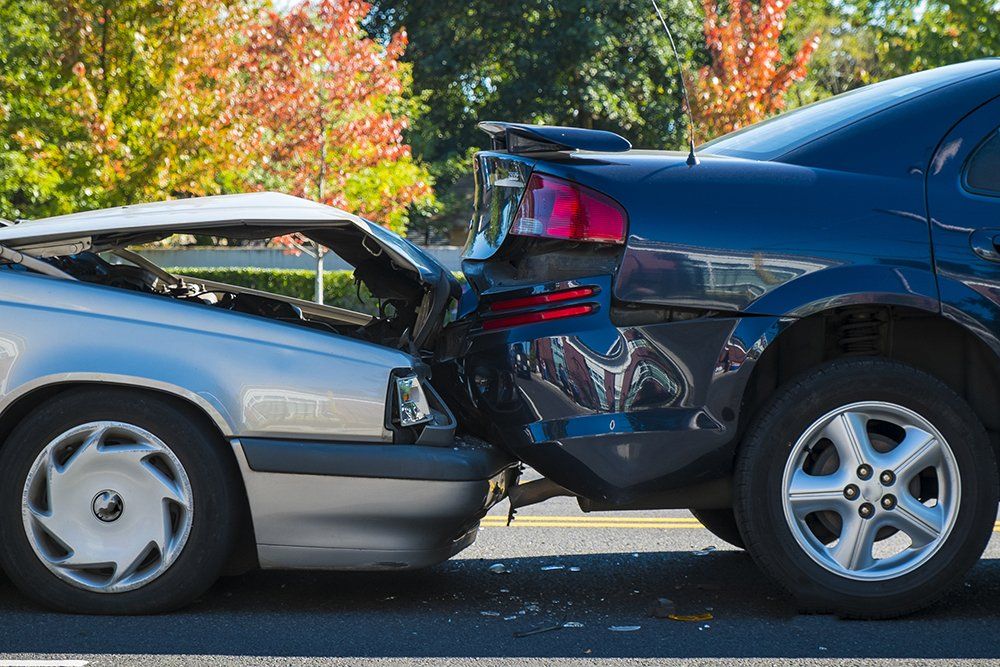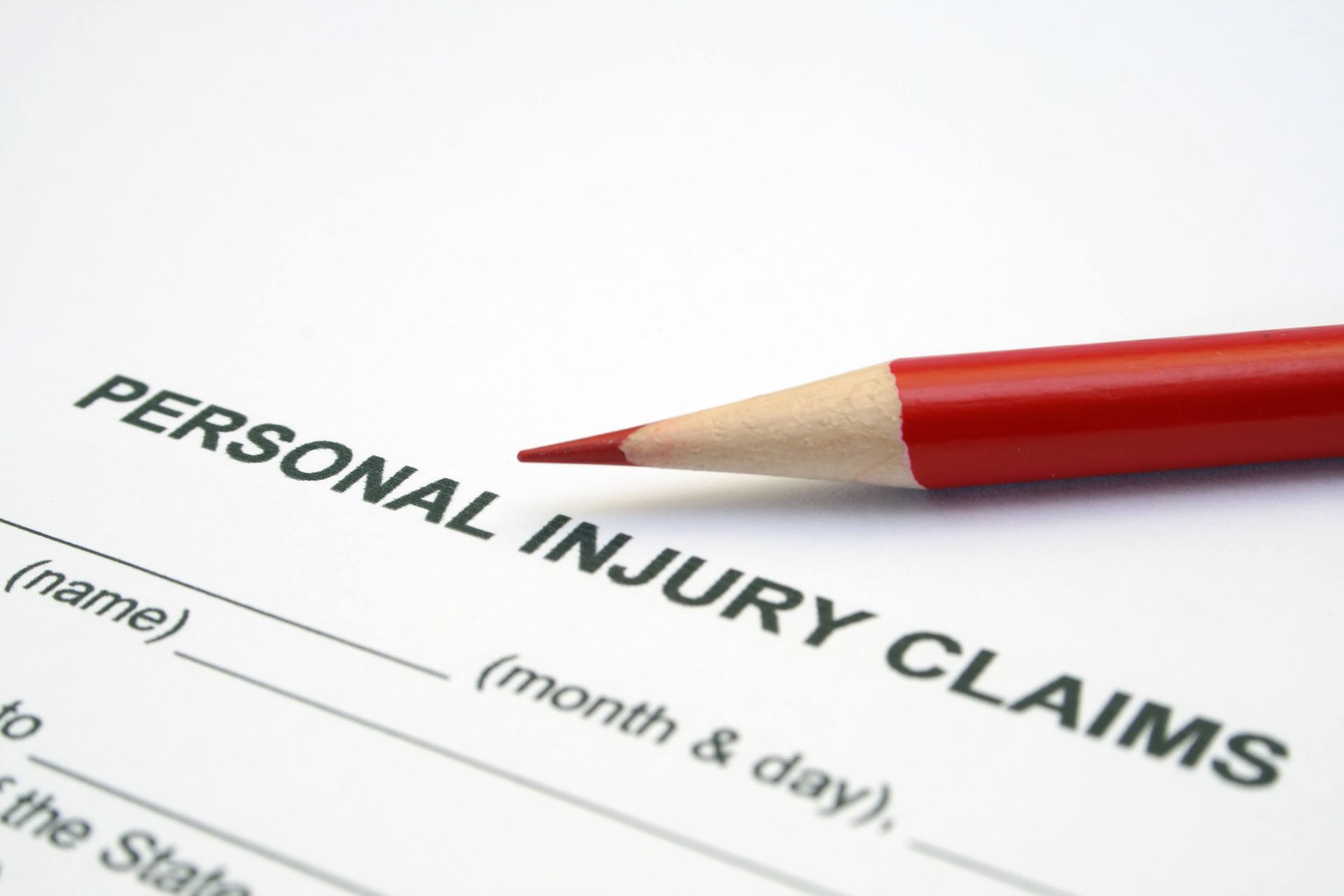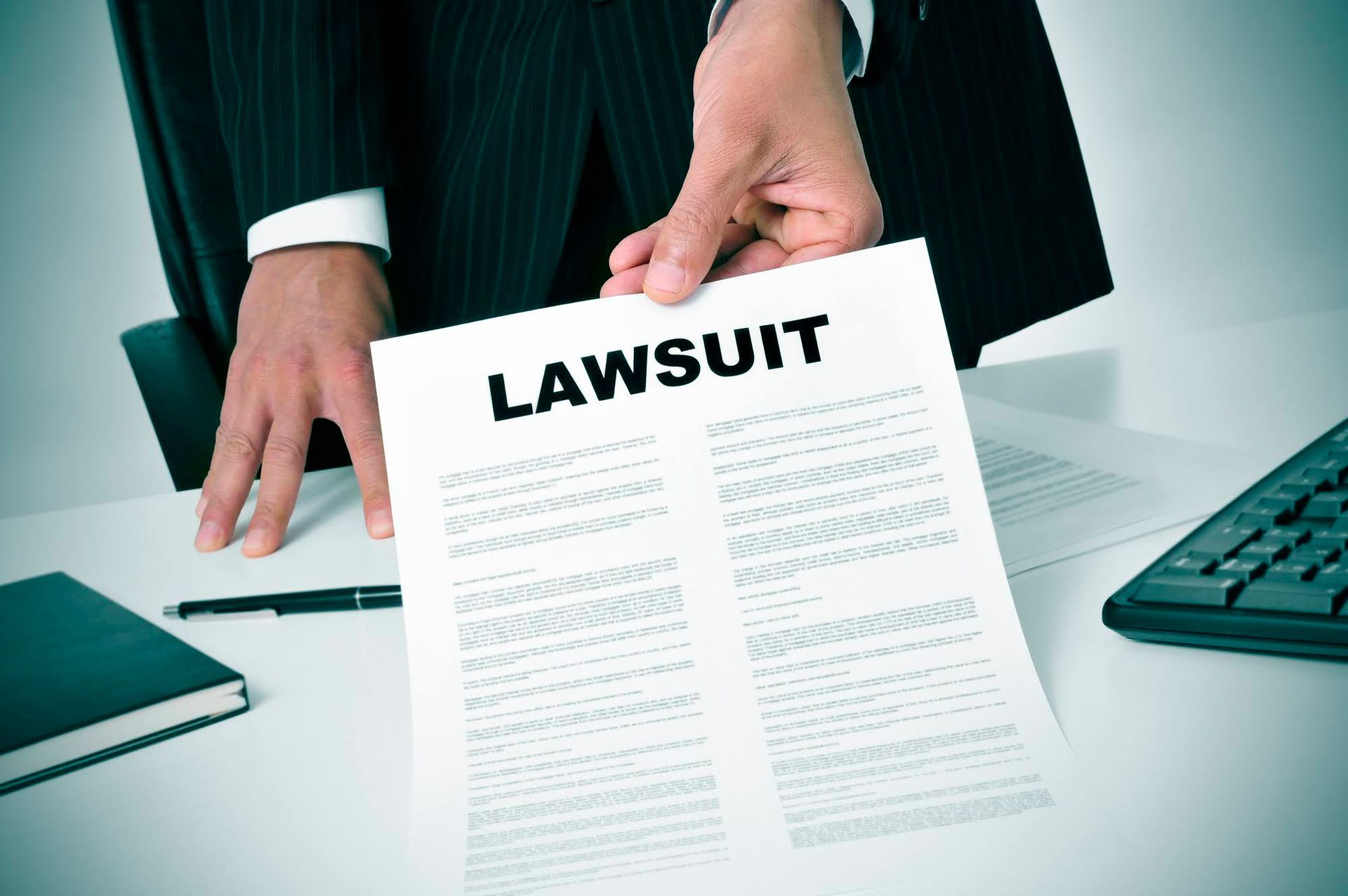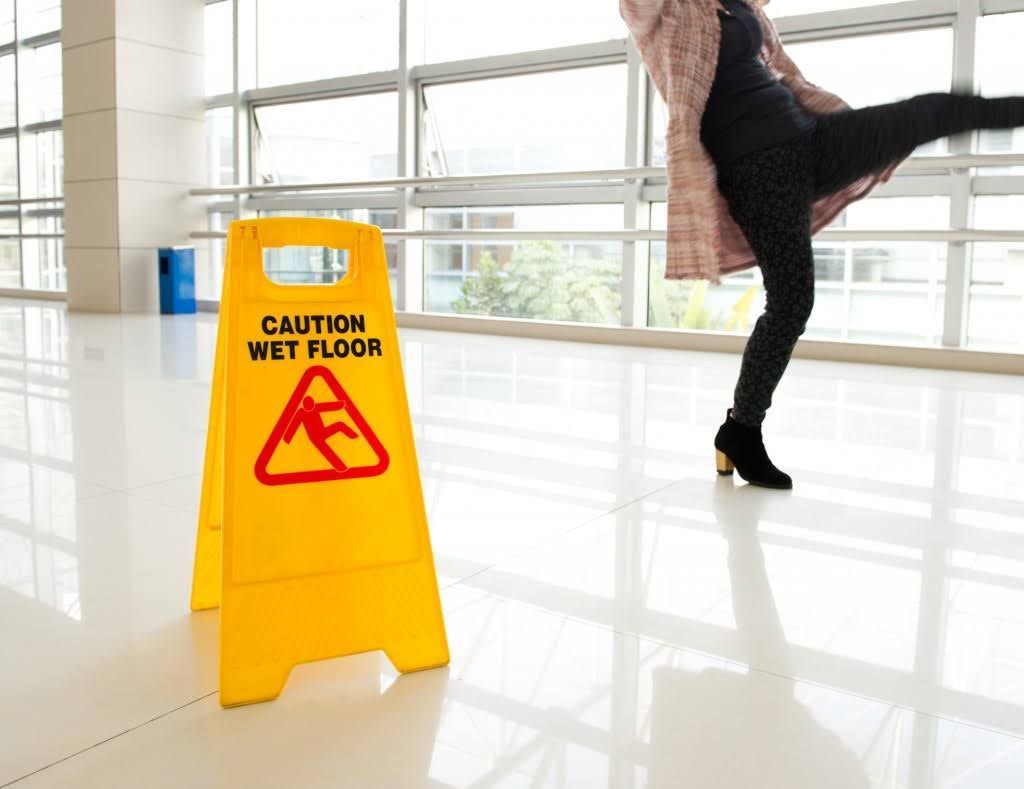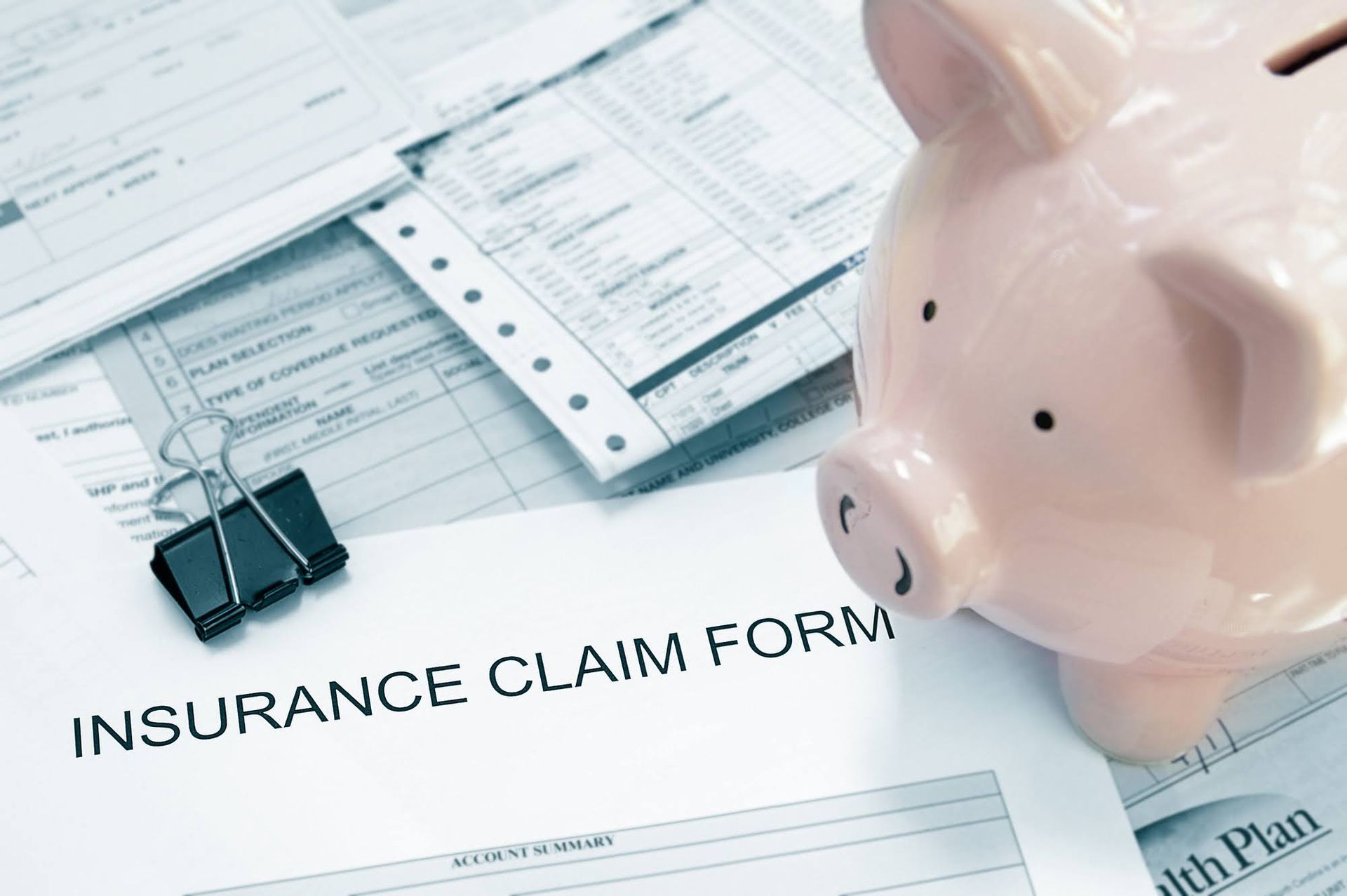Considerations for Personal Injury and Vehicle Damage Claims

Car wrecks are often unexpected and leave victims to deal with bothersome aftermath such as personal injuries and vehicle damage. Understanding the important legal considerations when filing such claims is of great importance to ensure you receive appropriate compensation. However, while the process may seem straightforward, it can actually be complex and challenging. That is exactly why it is crucial to work with experienced lawyers to navigate the intricacies involved.
Understanding Personal Injury Claims
A personal injury claim generally emerges when someone experiences harm due to another party's negligent actions. When filing a claim, it's essential first to establish the liable party's fault, which requires solid evidence such as crash reports, witness statements, and medical records and bills. This evidence demonstrates the extent of injuries sustained and supports the claim that the other party's negligence directly caused those injuries. Moreover, it's important to consider any deadlines you must meet before filing your claim before. Lawyers can assist in ensuring all legal deadlines are met and that your claim is filed accurately.
Calculating Damages for Personal Injury
Determining the value of your personal injury claim involves calculating both economic and non-economic damages. Economic damages cover medical expenses, rehabilitation costs, and lost wages, while non-economic damages refer to intangible impacts like pain and suffering, emotional distress, and loss of quality of life. Lawyers are adept at assessing these damages comprehensively to ensure that victims receive fair compensation for both types of losses. To strengthen your claim, maintaining thorough documentation is essential. This includes medical records, proof of treatment, receipts for expenses related to the injury, and detailed accounts of how the injuries have impacted your daily life. Legal professionals can guide you in assembling this documentation effectively to build a robust case.
Vehicle Damage Claims: Key Considerations
Filing a vehicle damage or other ‘property’ claim often involves dealing with insurance companies, which can be a daunting experience. It's critical to understand your insurance policy and the coverage it provides. This will include collision coverage, which pays for damages to your vehicle irrespective of who was at fault, and liability coverage, which compensates for damages to another person’s vehicle if you were at fault.
Promptly reporting the incident to your insurance provider is also vital. Delays can complicate the claims process and, in some cases, lead to denial of the claim. When dealing with insurance adjusters, be mindful of their objective to minimize payouts. This is where lawyers come into play, advocating for your rights and negotiating with insurers to secure a the right settlement, hardly ever the first one with which they hope to tempt you.
Repair Estimates and Total Loss Assessments
An important aspect of vehicle damage claims is obtaining accurate repair estimates. It's advisable to get multiple estimates from reputable repair shops to ensure you are not being shortchanged. If the repair costs exceed or even come near the vehicle's value, the insurer may declare it a total loss. In such scenarios, understanding the fair market value of your vehicle is crucial to ensure you receive appropriate compensation. Lawyers can facilitate these evaluations and contest any lowball offers made by insurance companies.
The Role of Comparative Negligence
In car wreck cases, the concept of comparative negligence can significantly impact the outcome, and value, of your claims. Comparative negligence refers to the proportionate fault of each party involved in the incident. For example, if you are found to be partially responsible for the collision, a claims adjuster may attempt to decrease the amount of compensation you are entitled to receive by the percentage of fault it believes you contributed.
Navigating the nuances of comparative negligence requires expert legal knowledge. Lawyers can assess the circumstances of your case, gather substantial evidence, and effectively argue to minimize your share of fault, thereby maximizing your compensation.
IN SUMMARY
Handling personal injury and vehicle damage claims can be daunting. However, with the best legal expertise, you can steer clear of common mistakes and obtain the compensation you rightfully deserve. The best way to do that is to contact our lawyers at Higinbotham & Higinbotham, PLLC, so that we can discuss your case with you, and provide you with an opportunity to receive expert legal advice.
